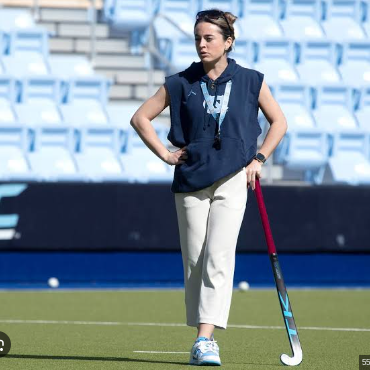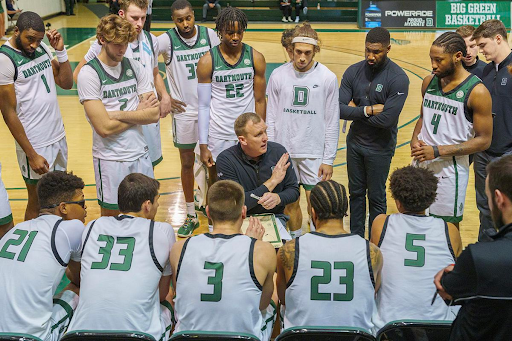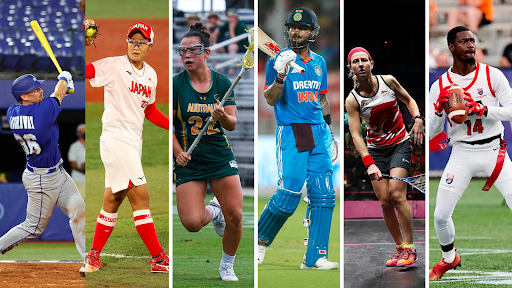Domestic Violence in the NFL
January 19, 2019
10 months ago in February, star running back Kareem Hunt of the Kansas City Chiefs was involved in an altercation with a woman in Cleveland. Later police revealed that the woman’s name was Abigail Ottinger. Ottinger claimed with tears in her eyes in a police interview, “Kareem, the person who assaulted me, had my phone, [wouldn’t] let me call 911”.
The Kansas City Chiefs quietly covered up the incident and supported Kareem Hunt, insisting that he told them he was innocent and falsely accused. In August, the owner of the Chiefs, Clark Hunt, stated that Hunt was still “a young man” and that he had “learned his lessons”. Due to the lack of evidence of any actual harassment caught on video, the rest of the world moved on with the Chief’s decision and Hunts statement of innocence.
This all changed on November 30, 2018. The hotel where the altercation occurred in Cleveland finally released footage that was only available to the police during their investigation. In the newly released video, Hunt shoves and kicks a woman in a short, aggressive quarrel. Immediately, the video spread like wildfire and many began to critique Kareem Hunt for his actions. Hunt’s career as an NFL player took a turn for the worse as the Chiefs sent him home from the practice facility at 1:33 pm., reported ESPN’s Dan Graziano. As the views on the video increased exponentially, many people wanted to see the league commissioner, Roger Goodell, take disciplinary action.
The people were waiting, and at 5:26 pm the NFL declared a formal statement which read “The NFL has placed Kareem Hunt of the Kansas City Chiefs on the Commissioner Exempt list, and as a result, he may not practice, play or attend games. The NFL’s investigation, which began immediately following the incident in February, will include a review of the new information that was made public today.”
Many people were glad to see the NFL finally taking action against players who harass and commit violent offenses against both men and women. In addition, many people following Hunt’s unfortunate series of events were intrigued by what the Chiefs would decide to do.
24 minutes after the NFL released their statement, the Chiefs released theirs. The Chiefs organization stated, “we were made aware of an incident involving running back Kareem Hunt… the National Football League and law enforcement initiated investigations into the issue. [We had our own] internal discussions with Kareem… Kareem was not truthful in those discussions. The video released today confirms that fact. We are releasing Kareem immediately.” The Chiefs claimed that Hunt was dishonest on his initial statements on the altercation, and for that reason, he was cut.
And just like that, one of the most dangerous and high-potential running backs in the NFL was released from a Superbowl-contending team with an extremely powerful offense. Later that day, Kareem Hunt himself made a statement to ESPN, and according to NFL Insider Ian Rapoport, he said in remorse, “I want to apologize for my actions. I deeply regret what I did. I hope to move on from this.”
Unfortunately, many people were disappointed with how the NFL reacted to Hunt’s act of domestic violence. Although this altercation took place in February, it took 10 months for the NFL to acknowledge and reprimand Hunt for his actions. The deciding factor of punishment was the video that was released, demonstrating the NFL’s lack of interest in domestic violence cases.
This is evident as there are countless cases of domestic violence throughout the NFL. For example, Reuben Foster was a talented 1st round draft pick and many people and analysts had great expectations for him. At the same time, he was arrested for domestic violence and was immediately released by the 49ers. Although this may seem like quick and justified punishment, he was picked up by the Washington Redskins a few days later, further cementing the NFL’s lack of prioritization in domestic violence issues.
Football fans at Ridge expressed their disappointment with cases of domestic violence that occured in the NFL. David Kim ‘19 comments on how domestic violence ruins players’ reputations both on and off the field, “NFL players are the star athletes who should be respected and shown as athletic representatives. However, I am upset that because of some player’s misbehavior… their reputations [and they are represented] as criminals instead of star athletes.” Nihal Kurki ‘20 reveals his disappointment with the system but also and states, “It’s disgusting how long it takes the NFL to address these domestic violence cases.”
Nonetheless, some followers and fans of the NFL may claim that these cases of domestic violence are sparse and do not happen often. However, that is not the case, as starting from September 2006 to October 2014, law enforcement has investigated against 50 NFL players for domestic violence, with one case being murder and five cases of men beating pregnant women. 50 may not appear like a large number, but over the span of 8 years, that means there was an average of 6.25 domestic violence cases per year, which is simply not acceptable. The NFL must continue to set an example to other players as well as the community and demonstrate that they will not tolerate any more cases of domestic violence.

![A group of female F1 fans at the 2022 Australian Grand Prix.
Photo credits to Robert Cianflone
Source: [Robert Cianflone]](https://www.ridgedevilsadvocate.com/wp-content/uploads/2024/04/Female-F1.png)








